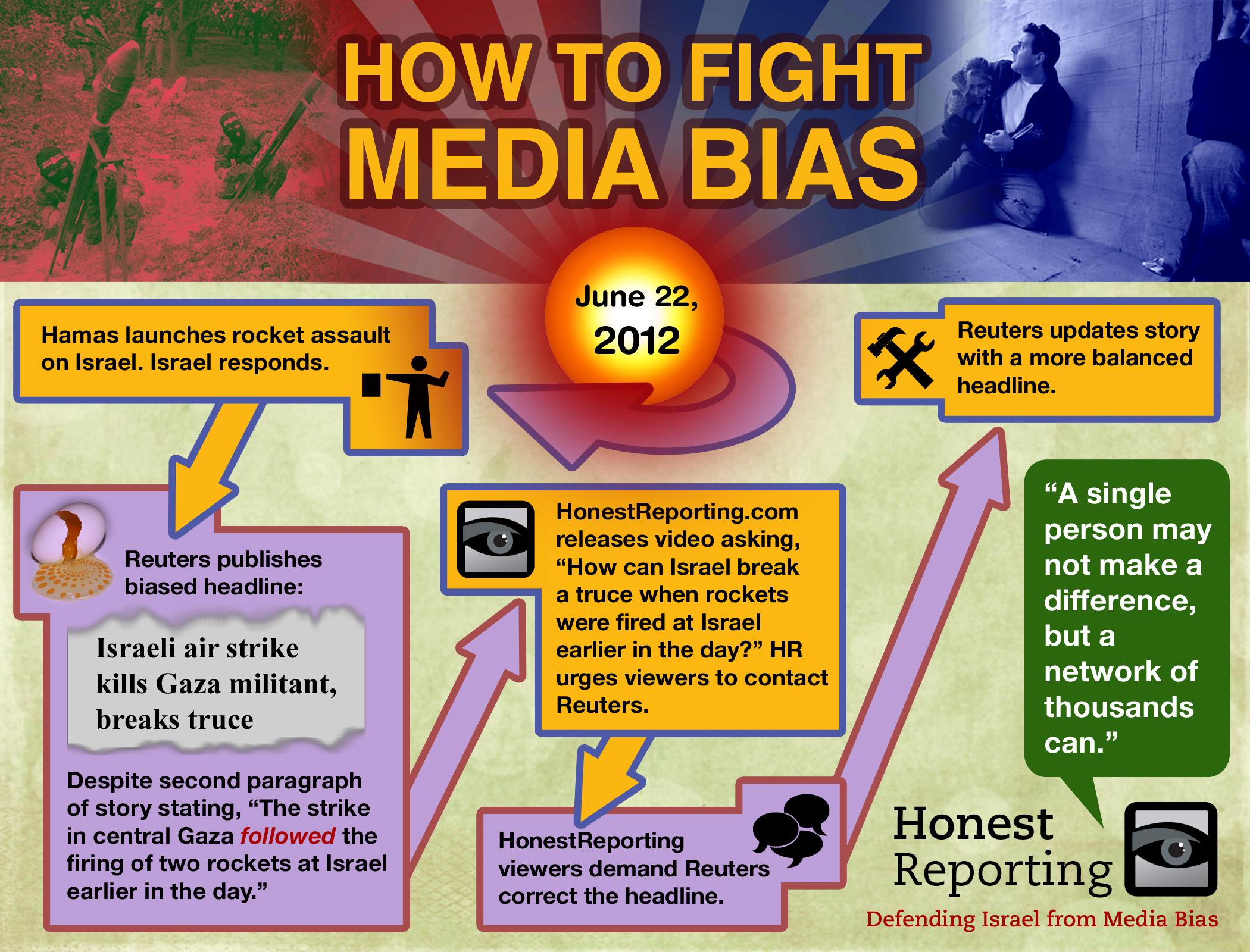 When it comes to the media and all of the different sources of information (TV, newspapers, internet articles, blogs, social media, radio, and more), we need to be watchful for author bias and how it can influence our beliefs and perceptions. And, now that election season is already underway (sigh), it’s never more apparent.
When it comes to the media and all of the different sources of information (TV, newspapers, internet articles, blogs, social media, radio, and more), we need to be watchful for author bias and how it can influence our beliefs and perceptions. And, now that election season is already underway (sigh), it’s never more apparent.
Consider the following (hypothetical) news release: “The government reported third quarter economic growth at 5.4 percent. This compares with 6.0 percent for the second quarter and a long-term average of 3.0 percent.”
Now, pretend you’re a journalist charged with reporting “the news.” If it were me, I would say something like, “Third quarter growth remained strong by historical standards, although it decelerated modestly from unusually high second quarter levels.” This is an accurate portrayal of the facts.
Now, what do you think happens when the journalist and his or her news outlet don’t care for the sitting president and his political party? In today’s biased news media, you’re more likely to see something like the following: “Third quarter economic growth fell a disappointing 0.6 percent from the previous quarter, causing some to believe a slowdown is at hand.”
See the difference?
Most people have no clue about how much distortion, bias, embellishment, and outright falsehoods exist within the media and among supposed “authority figures.” You see it in infomercials (this or that miracle diet or hair loss cure), political campaigns (“I will reduce spending”), investment experts (“Now is the time to invest in ___”), news stories that are editorials in disguise, and even in college classrooms when professors convey their opinions as fact and ridicule students who happen to disagree).
Don’t let anyone pull the wool over YOUR eyes. Learn to be a discerning skeptic of everything you read and hear …
There was a time when the news media and America’s universities were more balanced in reporting news and views, but those days are long gone. You can detect it in how they convey the “facts,” as well as in what they choose to report (news contrary to their opinion is often ignored altogether or appears in fine print on page 17 where no one will read it). Increasingly, we see media outlets with a strong political slant completely color the news through their own lens (often by selecting guests who share their views)—rather than reserving their opinions for the editorial page.
How do you deal with a world where objectivity is actually subjectivity? Here are a couple of suggestions for remaining well informed and not being easily misled:
- Try to get all sides of an issue. Be wary of people who are unable or unwilling to convey the opposing view or who won’t acknowledge what is fact and what is opinion. Be especially suspicious of people who resort to name calling rather than simply agreeing to disagree on the position.
- When it comes to political campaigns, recognize that candidates will tell you what they think you want to hear (and hope you’ll forget by the next election!)
- When it comes to news outlets, 1) watch different channels with different political tendencies (e.g. , Fox News versus CNN) and 2) look at the election endorsements of your news outlets to gauge their political tendencies
- Remember if it sounds too good to be true, it probably is
- Read the footnotes and caveats in infomercials, advertisements, or promotions
The bottom line is whenever there’s an agenda or an incentive, you can expect a positive or negative spin and selective sampling and reporting of the “facts.“ It’s an increasingly biased world out there so be on the lookout! You want to make sure that your opinions and beliefs are based on facts, so be sure to always get the full story, no matter what the issue!
Do you believe most of what you read and hear from news outlets? Have you noticed how closed minded some are to differing points of view? How do you think this influences our culture, and young people in particular? Please share your comments with us; we’d love to hear your experiences and point of view!


